How Do I Find Peace After Loss Or Grief
Loss changes everything. It alters the way we see our days, our relationships, and even ourselves. Whether it’s the death of someone dear, a relationship that ended, or a season of life that has closed, grief can make the world feel unfamiliar. At Lifetalk Counselling Services, we walk alongside people who are navigating this very journey — gently, honestly, and without judgment.
Quick Direct Answer:
Finding peace after loss doesn’t mean forgetting or moving on; it means learning how to live fully again while holding tender space for what was lost. True healing begins when you give yourself permission to feel — to grieve honestly, to remember with love, and to stay open to moments of quiet comfort. Over time, you begin to see that peace isn’t the absence of pain, but the presence of renewal — a slow returning of light where darkness once lived. Each small, compassionate step forward — a conversation, a prayer, a walk in nature — becomes part of rebuilding your heart and rediscovering hope.
1. Understanding Grief’s Quiet Messiness
Grief isn’t linear. It moves in waves — sometimes soft, sometimes overwhelming. You might wake up feeling strong one morning and feel like falling apart the next. That’s not failure. That’s healing. Many people try to “get over” their pain quickly, but grief needs time, patience, and permission to be what it is: love, transformed.
At Lifetalk, we remind clients that grief isn’t something to fix. It’s something to honour. Every tear, memory, and quiet ache tells the story of love — and learning to live with that story is part of peace itself.
2. The Role of Faith and Meaning
For many seeking healing, faith can be both a comfort and a question mark after loss. You might ask, “Where was God in this?” or “Why did this happen?” Those questions are sacred, too. Faith-informed counselling allows space for both belief and doubt.
You don’t have to rush to answers. Sometimes peace comes not through clarity, but through presence — knowing you’re not alone in your grief. Lifetalk counsellors gently integrate faith for those who wish, helping you rebuild trust in yourself, in others, and in your spiritual foundation.
3. Reconnecting with Daily Life
When grief lingers, even small tasks can feel heavy — cooking, working, socializing. Re-connection begins with the smallest actions: going for a short walk, sharing a meal, journaling about one memory that brings warmth instead of pain.
Peace grows quietly through these moments. Over time, you begin to notice colour returning to your world. Counselling can guide you through these transitions, helping you rediscover routines, connections, and self-compassion at a pace that feels right.
4. When to Seek Support
If your loss feels like too much to carry — if sleep, appetite, or relationships are suffering — you don’t have to go through it alone. Speaking with a counsellor offers more than coping strategies; it offers companionship through the hardest chapters.
At Lifetalk, our counsellors provide confidential, faith-respecting care. Sessions are offered on a sliding scale, so support remains accessible for every income level. Healing doesn’t mean rushing forward — it means finding steady ground again.
5. Small Practices for Peace
Breathe intentionally: Slow breaths calm the body and remind your heart it’s safe to rest.
Create a memory ritual: Light a candle, write a letter, visit a special place — small acts of honour keep connection alive.
Talk it out: Grief loses some of its weight when spoken aloud to someone safe.
Allow joy: Feeling moments of laughter or warmth doesn’t betray your loss; it honours life continuing.
Mini FAQ
Is it normal to feel numb after a loss?
Yes. Numbness is your mind’s way of protecting itself. It’s part of the body’s natural response to overwhelm and usually softens as you allow space for your emotions.
What if I don’t want to “move on”?
That’s okay. Healing isn’t about letting go — it’s about learning how to carry love differently. Peace often looks like integration, not forgetting.
How long will it take to feel better?
There’s no set timeline. Every person’s grief journey is unique. What matters most is giving yourself permission to heal at your own pace, with compassionate support when needed.
If you’re navigating loss, you’re not broken — you’re human.
Lifetalk Counselling Services offers confidential, faith-respecting counselling on a sliding scale, so care is accessible when you need it most. You don’t have to walk this road alone. To learn more or book an appointment, visit lifetalkcounselling.ca.
The information, including but not limited to, text, graphics, images and other material contained on this article are for informational purposes only. No material on this site is intended to be a substitute for professional medical advice, diagnosis or treatment. Please contact one of our counsellors for further information.



